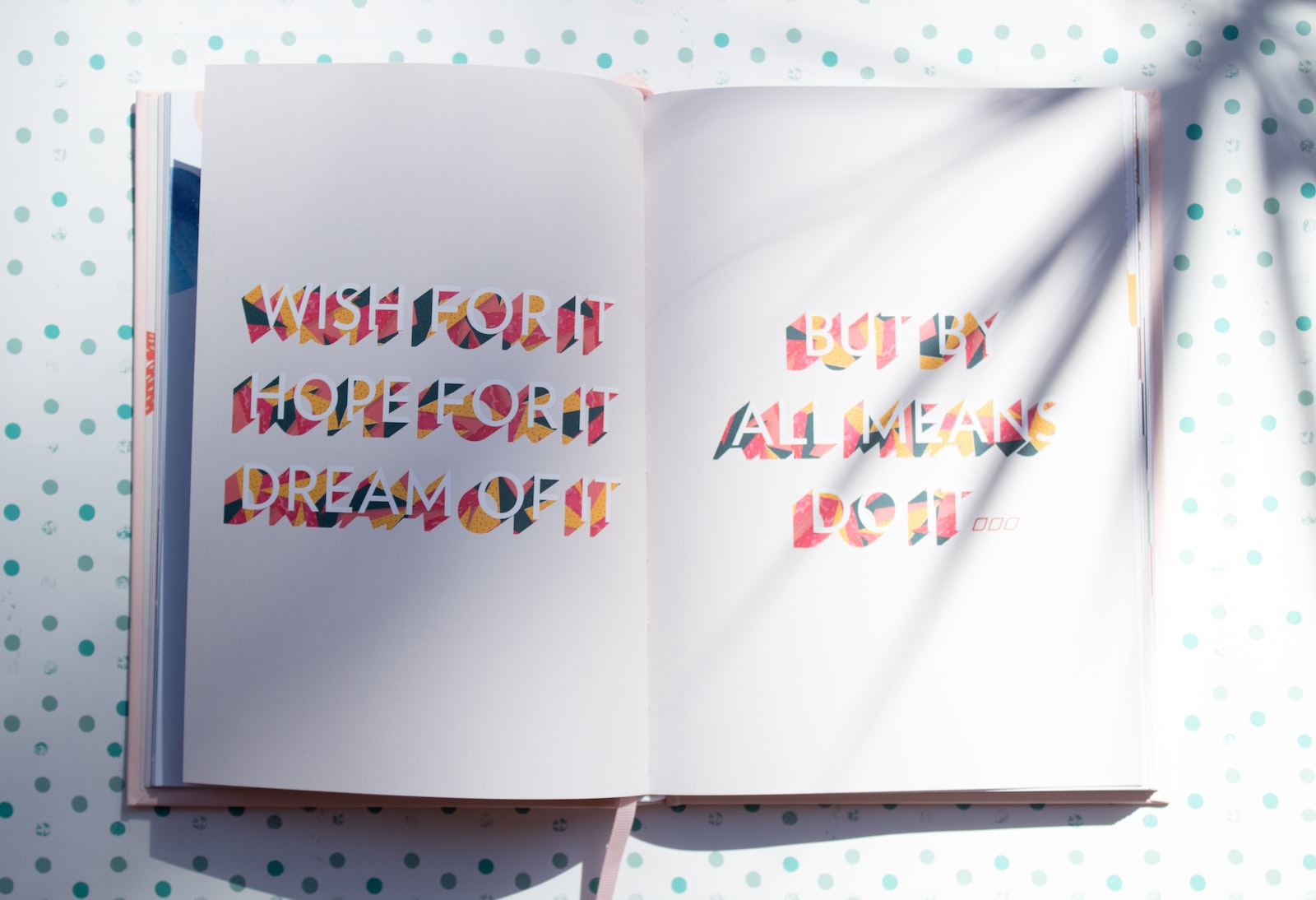Step 1: Grab a piece of paper and a pen. This is a blank slate for you to start defining your goals.
As an young Indigenous woman, your wellbeing and success in life is extremely important for society and for your community, friends and family. You are the #1 expert on your life and what you want to attain for yourself, as well as contribute to others, so it is important to take time for self reflection so that you can be clear on the vision you have for yourself.
Setting goals is the best way for you to get from where you are today to where you want to be in the future. This exercise guides you through goal setting in three areas (personal, education and career). Remember – goals can change over time, but in order to move towards achieving your goals you first have to know what they are.
Although you are the top expert on your life, nobody achieves their goals alone! For each area, identify someone who might be able to support you along the way. This can be a friend, a family member, educator or any trusted person in your life that you can share your goal with.
Personal goals:
When you focus on yourself – without worrying about what anybody else thinks – what are the ways you want to grow as a person? Are there any areas you want to improve in? Consider some of the following areas:
- Knowing your values: Your values help to shape your personal goals. What do you care deeply about?
- Mental health: Do you want to learn strategies for dealing with negative thoughts? Would you benefit from knowing how to lower stress or anxiety, for example? Do you want to know how to support your friends?
- Physical health: Do you have any goals for how you care for your body? This includes eating and sleeping habits, physical activity and self-care.
- Spiritual growth: What helps you feel connected to greater meaning in life? Are there any specific practices or teachings that you want to invest time in?
Support people for my personal goals:
Education goals:
What you learn both inside and outside of school will empower you to pursue the career or life you envision for yourself. Write down learning goals in these areas:
- High school: What are the subjects you like best? What subjects would you like to take more classes in and what do you want to learn from them?
- After high school: Would you like to go to college or into a training program for a profession? What do you want to learn in this next step after high school?
- Cultural knowledge: What parts of your culture would you like to know more about (language, traditions, ceremony, etc.)?
Support people for my educational goals:
Career goals:
Most people explore different types of jobs in the course of their working lives. Just think – the average retirement age is 65, so you have a lot of years to figure out what works best for you! Don’t feel pressure to chose “for life”, just focus on right now.
- Jobs of interest: What jobs seem interesting to you? What jobs do you think would align with your personal strengths (ie. helping people, solving problems, staying calm under stress, explaining concepts).
- Experiences that can help you learn about these jobs: Do you know somebody who has a job you may want to try one day? This would be a good person to interview to learn more. Are there any internship or shadowing opportunities at a employer near you? This is another great way to get more insights.
Support people for my educational goals:
Goal Defining Exercise:
Short-term
- Today:
- This week:
Medium term
- This month:
- This year:
Long term
- Next five years:
- Next ten years:
